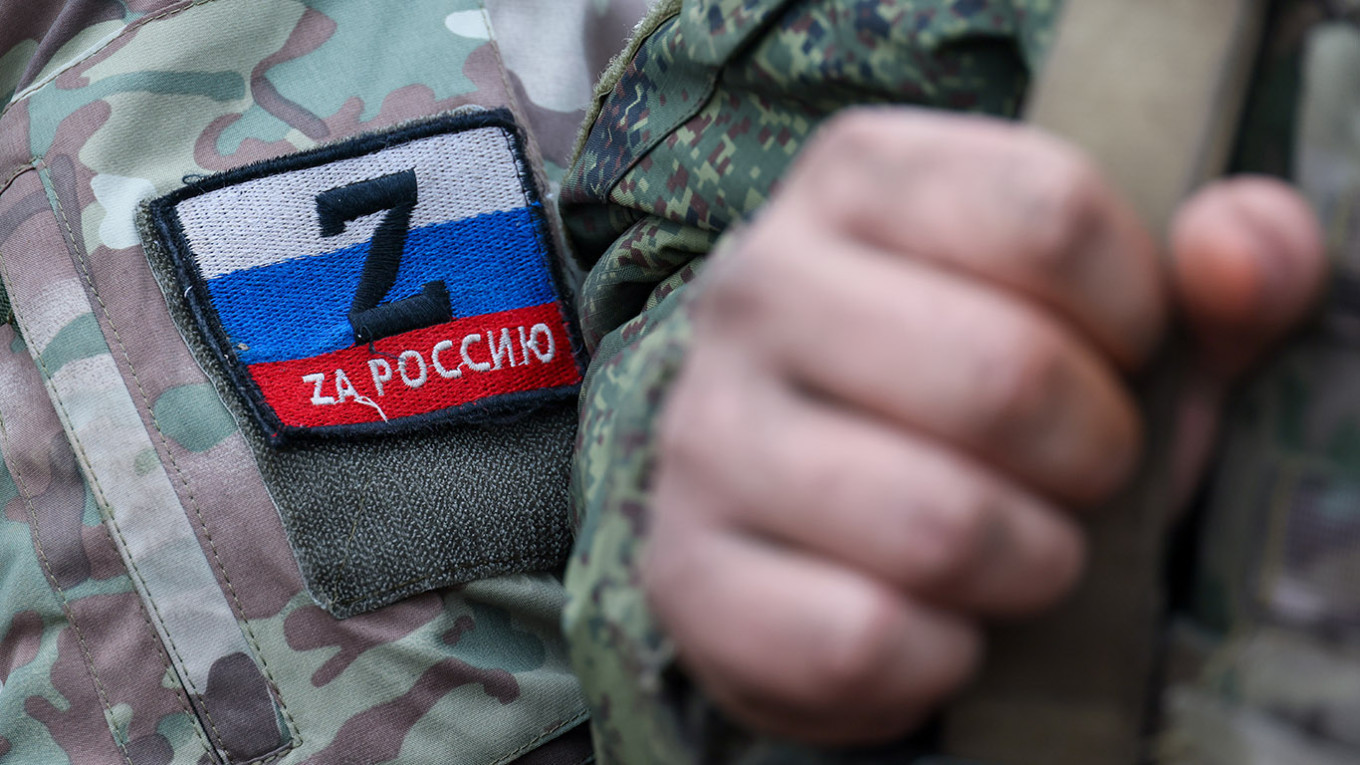Crime rates in Russia have surged to their highest point in 12 years, according to reports from the exiled news organization Vyorstka, which cited data from the Prosecutor General’s Office.
The Prosecutor General’s Office indicated that in the first half of 2025, Russia recorded 27,124 crimes—a rise of 3,747 compared to the same timeframe the previous year, marking the most significant figure since 2013.
This marks the first instance since 2014 that the crime count has surpassed 23,377 over a six-month period.
The agency did not specify the categories of crimes involved.
This increase in crime coincides with the return of over 130,000 veterans from the war in Ukraine, which includes a substantial number of former inmates.
Open-source information suggests that these returning soldiers have been responsible for the deaths of at least 378 civilians since the onset of the full-scale conflict and have severely injured another 376.
These incidents, which have occurred across 80 regions in Russia, as well as in annexed Crimea, Sevastopol, and the breakaway region of South Ossetia, are primarily domestic offenses often exacerbated by alcohol-related issues.
The government has been considering how to effectively handle the reintegration of former combatants, especially those who were recruited from prisons.
Last year, Nina Ostanina, who leads the State Duma’s Family Protection Committee, called on officials to implement ongoing monitoring for returning inmates.
However, Andrei Alshevsky, a member of the Duma’s Security Committee, dismissed the proposal, claiming that the “heroes of the [special military operation]” have already “atoned for their guilt with blood” and warrant the state’s support.
Officials are preparing for significant social tensions as hundreds of thousands of additional soldiers are expected to demobilize, many of whom may carry psychological scars.
The Health Ministry has reported that 26% of war veterans who sought mental health support were directed to psychiatrists.
In August 2024, Deputy Defense Minister Anna Tsivilyova stated that one in five returning soldiers was diagnosed with post-traumatic stress disorder, necessitating “serious, long-term work” and medical intervention.
President Vladimir Putin noted last year that around 700,000 Russian troops were positioned in Ukraine, with a notable proportion having been either recruited from prisons or facing criminal charges prior to their deployment.

